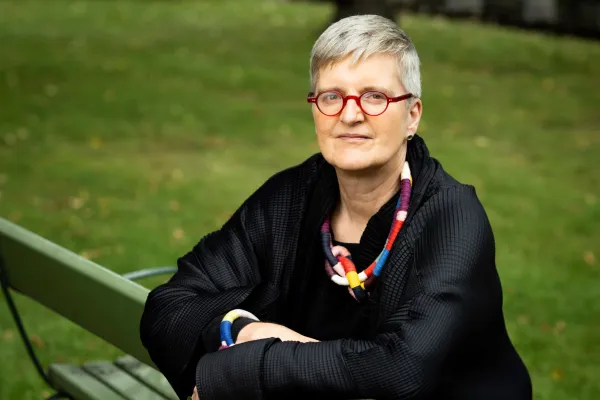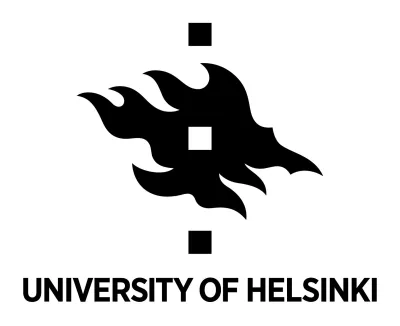Finland

Friederike Lüpke
Since August 2019, Friederike Lüpke has been Professor of African Studies at the University of Helsinki. Her research and teaching focuses on the description and documentation of West African languages in their cultural contexts. She is the chair of AfriStadi, the Africa Research Forum for Social Sciences and Humanities at the University of Helsinki, founded in November 2021. In her research, Lüpke specialises in the study of Mande and Atlantic languages, particularly in verbal argument structure and nominal classification. She has written a grammar of argument structure of the Mande language Jalonke spoken in Guinea, which also contains its first sketch grammar. Currently, she is conducting research on the Atlantic language Baïnounk Gujaher, a language of the Nyun cluster spoken in Senegal and Guinea Bissau. Lüpke’s initial focus was on the documentation of Baïnounk language within a language endangerment framework in a project funded by the DoBeS project of the VW foundation. A follow-up project investigated small-scale multilingualism in Southern Senegal in the Crossroads project funded by the Leverhulme Trust. This research on rural multilingualism in Senegal has been central for the emerging inter- and multidisciplinary field of small-scale multilingualism studies.
Creating inclusive societies thriving in diversity is one of the greatest tasks facing the world today. Friederike Lüpke addresses this issue from the perspective of multilingualism studies, an inter- and multidisciplinary field at the intersection of linguistic description, sociolinguistics, anthropological linguistics, and education. Her proposal approaches the topic from two angles: she synthesises a decade of research in a monograph and develops a collaborative grant proposal for new research, underpinned by these research questions: What characterises convivial sustainable multilingual societies? What educational policies and programmes can contribute to building such societies? Which ideas of language and practices of language sharing in the Global South can provide solutions for obstacles to convivial multilingualism in the Global North?
Description and documentation of African languages in their social context; multilingualism as a social practice; social and structural aspects of writing; Mande and Atlantic languages
